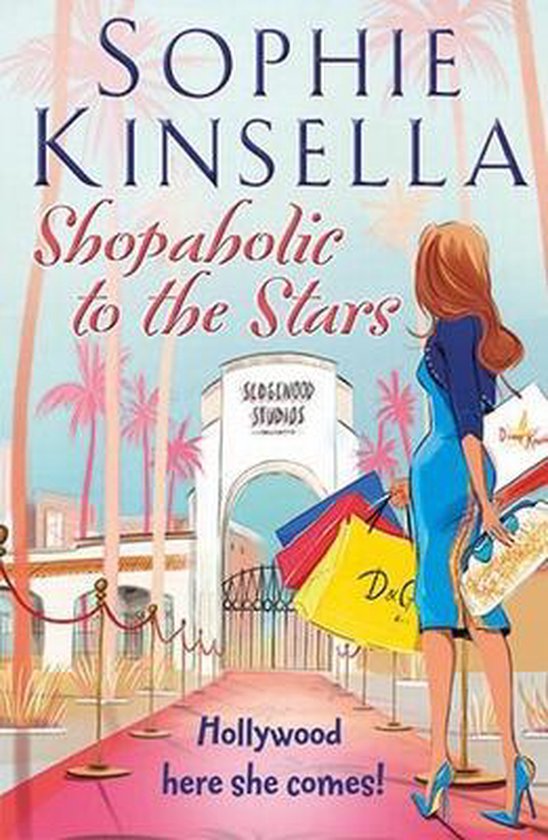


Becky does not have a weight fetish, and while she’s pretty, the latter information is provided casually by the author, as though it doesn’t matter to the story. Interestingly, while K insella’s work obviously belongs to the category of chick-lit, neither romance nor the heroine’s appearance (two pillars of the genre) matter much in the series. (The author, of course, fails to mention there’s an alternative to Becky’s rampant materialism that is not joyless penny-pinching, but moderation in a heroine does not sell chick-lit novels.) Her superpower is niceness.Īgainst all this goodness, Becky’s abandoned, uncontrolled consumerism is rendered minor–a weakness rather than a vice. No doubt the kind of person who disapproves of Becky’s life finds her furniture cruising the streets on garbage pick-up day and washes her hair with Tide. Very cleverly done indeed the reading public would call Becky a consumer whore if Kinsella had made her a smidgen less appealing. I can see why–Kinsella’s creation is a marvel of cleverness it’s almost as though the lead character was crafted in response to a focus group session on friendship. Becky Bloomwood (the ‘shopaholic’) is loyal and fun and generous to a fault and exudes kindness from every porcelained pore. I have now read the entire series, which, according to the blurb on the last book Shopaholic and Baby, has sold over seven million copies. Much of my literary reading tends to be, well, depressing, so I aerated my mind with Sophie Kinsella’s Shopaholic books last week.


 0 kommentar(er)
0 kommentar(er)
